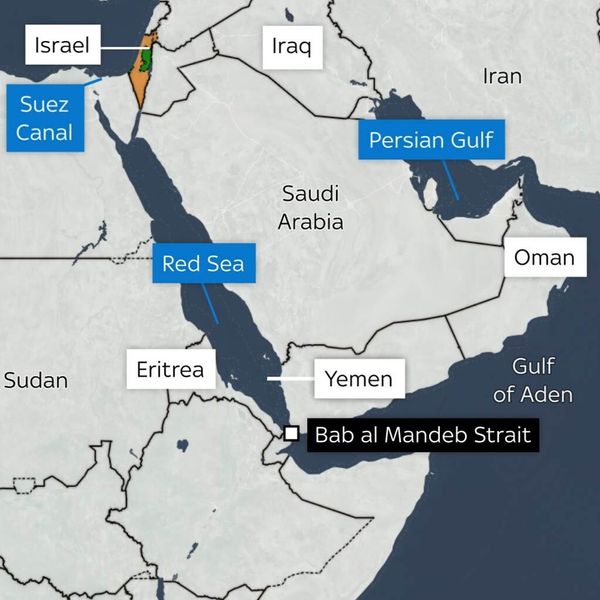Thu 04 January 2024:
Attacks on ships in the Red Sea continue to push ocean freight rates higher, triggering warnings of inflation and delayed goods.
Meanwhile China’s foreign ministry spokesperson says, “China opposes attacks against civilian vessels,” he also says “I believe all sides need to play a constructive and responsible role in safeguarding the security of shipping lanes in the Red Sea”.
China is not a member of the US-led naval coalition patrolling the contentious sea. However, as one of the world’s largest shipping countries, it has strong interests in seeing stability there.
To avoid strikes by Iran-backed Houthi militants based in Yemen, carriers have already diverted more than $200 billion in trade over the past several weeks away from the crucial Middle East trade route, which, along with the Suez Canal, connects the Mediterranean Sea to the Indian Ocean.

The persistent violence against commercial ships drew a stern warning from the United States, Japan, the United Kingdom and nine other nations on Wednesday. “The Houthis will bear the responsibility of the consequences should they continue to threaten lives, the global economy, and free flow of commerce in the region’s critical waterways,” the countries said in a joint statement.
In the meantime, about 20% of vessel capacity isn’t being used due to a massive drop in manufacturing orders, according to industry experts. Instead, ocean carriers continue to cut their sailings while tight capacity and longer travel times are fueling rate increases.





